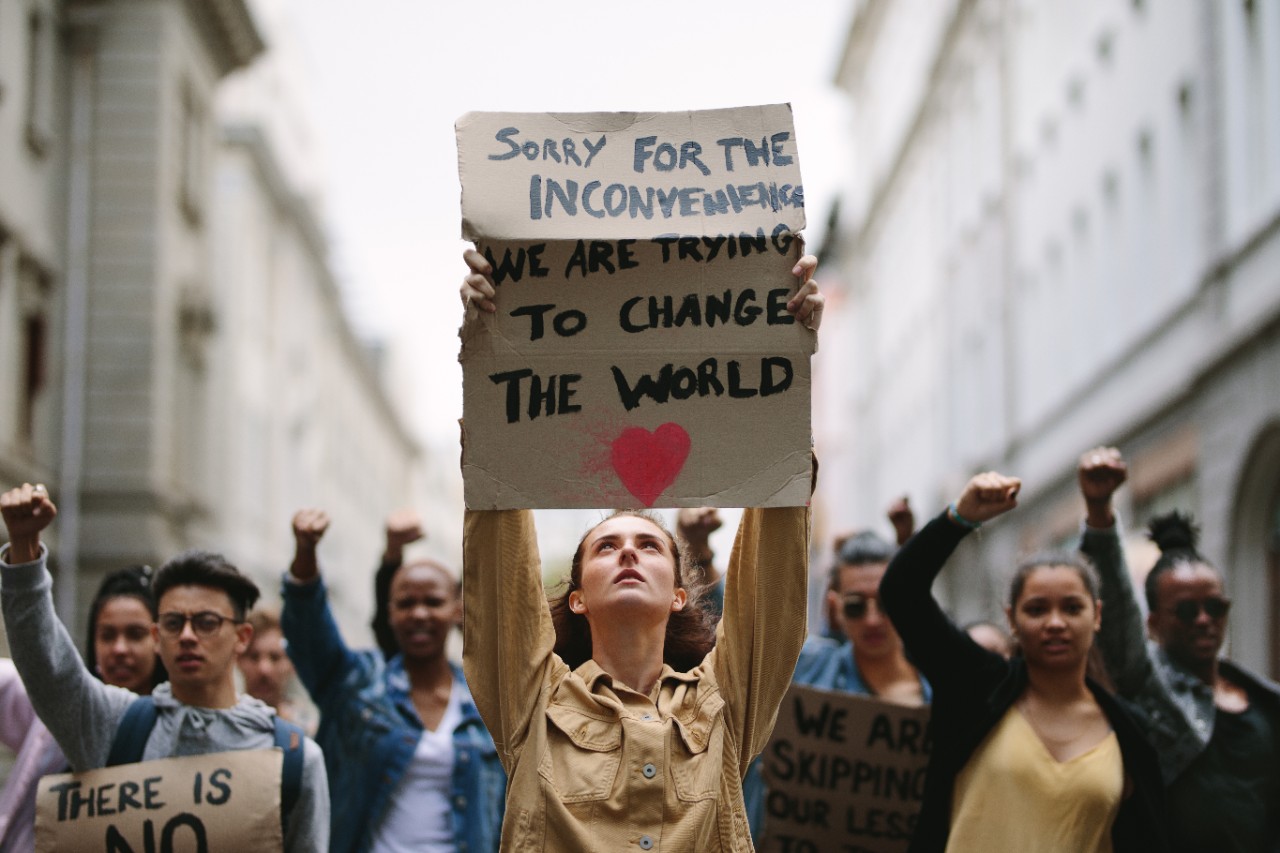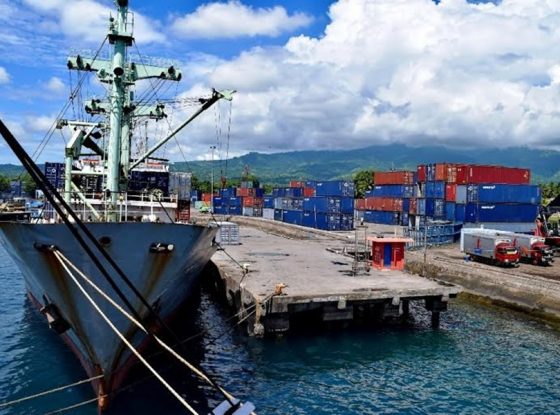Four ways young people can lead the energy revolution

“We’re actually not asking for a seat at the table anymore,” said Cherop Soy from the SDG7 Youth Constituency. “This is about investing in us. We represent huge untapped potential for the energy transition.” Cherop Soy’s feeling is shared by many youth leaders. When it comes to global policy issues, young people often feel like they are little more than a box to tick. Yet there are 1.8 billion people between 15 and 29 years old in the world. At a time when we need all hands on deck to solve the world’s most pressing issues, global decision-makers must enable youth to bring in the determination and fresh ideas we need to achieve the Sustainable Development Goals (SDGs).
Young people are particularly engaged on climate change. Sixty five percent of those in the age group 18-35 consider climate change to be a global emergency. This rises to 69 percent among under 18 year olds. They are primed to be a critical force for the energy transition, bringing new ideas and pursuing careers aimed at decarbonizing the sector.
To help tap into this potential, UNDP organized a global youth consultation ahead of September’s High-Level Dialogue on Energy. Led by its Community of Practice on Energy and hosted on UNDP’s learning platform, SparkBlue, 315 energy enthusiasts under 30 provided energy recommendations prepared by working groups. Their message is clear; to achieve SDG 7 of clean, reliable and affordable energy for all, supporting youth to be agents of change will be critical – but those at the top don’t really get it yet. This is what young leaders want decision-makers to know.
Renewable energy can create more than 42 million jobs by 2050
We must equip the future labour force with the skills for a just energy transition. Our consultation showed that entry points in clean energy careers are limited for young people, while fossil fuel companies often offer attractive incentives, including covering education costs.
The energy sector will need to offer more meaningful support and opportunities throughout young people’s career trajectory, particularly for vulnerable and underrepresented communities such as women, rural and those who live in remote areas or those without formal education.
Student Energy, the world’s largest youth-led energy transition group, has also found that when young people can take action and make decisions, they get results. They have already announced their Youth UN-Energy Compact ahead of the High-level Dialogue on Energy, which will fund and support 10,000 youth-led clean energy projects by 2030.
Young people are powerful advocates for change
Earlier this year a series of momentous events, in which climate activists challenged major fossil fuel companies and won, sent a clear message that companies will be held accountable for their social and environmental impact. Companies are facing growing pressure for greater climate accountability. The potential of young people to get messages across the world in a matter of minutes, connecting ideas and lobbying for change, is enormous.
The energy revolution is also about building bridges
Local communities must be placed at the centre of the energy revolution. Companies and governments will not be successful in large scale dissemination of clean energy technology without gaining the trust of residents first. Reluctance to clean energy may stem from experience of previous failed projects. Our consultation highlighted that youth leaders have a key role to play in building partnerships with local and diverse communities to design the pathways for including community voices in technology adoption strategies.
For young people it’s personal
Of the world’s near three billion youth, the highest numbers live in regions with the greatest energy needs. Sixty percent of Africans are under 25, making it the youngest continent in the world. In sub-Saharan Africa, the region with the lowest rates of clean energy, 20 percent of the population are between 15 and 24. Many of these young Africans have grown up without reliable electricity. They know full well how critical clean energy access is to address both the climate crisis and social development issues. They are poised to join the energy revolution – it’s up to the rest of the world to include them.
Source : www.undp.org



